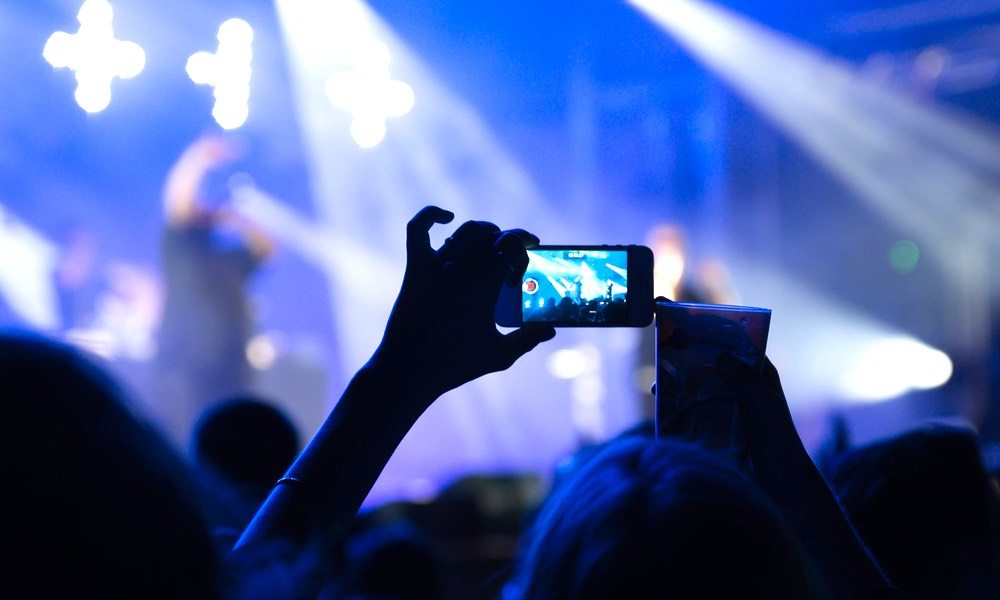How Apple Helped Prove Music Makes You Happier, Less Irritable, and More Intimate

Toggle Dark Mode
“If music is the food of love, play on!” Shakespeare wrote in his famous play, Twelfth Night. Love may be inspired by music, but apparently it also inspires happiness. A recent study suggests the easily believable concept: music makes people incredibly happy.
The study conducted by Dr. Daniel Levitin, a neuroscientist and musician, used Apple devices to measure how music changes a person’s life. Apple Watches, iPhones, and iBeacons were used to track heart rate, physical activity, and participant location in the home.
A summary of the findings, courtesy of DigitalTrends, states “According to the data collected, music listening as a group makes relationships stronger and brings people together. Families who listened to music regularly during the study spent a claimed 67 percent more time together in close proximity than previously, eating an average of one more meal together per week. And, in a more literal sense, couples in the study reported having twice as much sex when listening to music out loud together frequently.
In addition, the study concluded that listening in the home also made people 12 percent less jittery, 24 percent less irritable, and 25 percent more inspired.”
This study means more for the world of science than just the results the team has gathered, however. Dr. Levitin said, “Just like in physics, the act of observation can change the behavior of the observed, whether it’s a subatomic particle or a fourteen year old listening to Apple Music out loud. What this study has shown us is that with a relatively small investment in lightweight, easy-to-install equipment, we can obtain a level of experimental rigor we get in the lab, without having to leave peoples’ home.”
Porges said, “Between fitness bands, smartwatches, beacons, and the rest of the whozits and whatnots that make up our built world, it’s becoming possible to use data to piece together a surprisingly complete picture about who we are, what we do, and even how hard our hearts are pumping blood through our veins.” A major benefit to this constant tracking is the powerful application it can bring to scientific research. Most research with human subjects has several ethical issues. Participants in studies have to be able to quit whenever they want. No harm must come to them or at least harm must be reversible.
Traditionally studies have had to use observational methods, like watching a crowd of people walking down the street, or arrange a controllable experiment in a lab. Scientists must be in complete control of an experiment for the best results, something that is more difficult to do with human subjects. When used, participants are often isolated from the outside world for a period of time, which is not natural at all. This can lead to questions of how valid an experiment is if it influences people to break their normal behavioral patterns.
With Dr. Levitin’s study, he was able to avoid the issue of having inaccurate data due to participants being outside their normal routine, while being able to control for possible confounding factors (an unknown or unexpected variable that can disrupt an experiment).
It should be no surprise how popular technology may become in scientific research. “…the ability to track and measure test subjects with low-cost consumer electronics could allow researchers the sort of 24/7 look at our lives they have long sought,” Porges suggests in an article by Forbes.
The music study had a controlled environment that did not interfere with the participant’s daily life, a win-win situation. Perhaps one caveat to consider, only 30 families participated in the study. For a sample size, that is tiny. Hopefully more studies will be conducted based on this data with a much larger sample size. At the very least, we get a glimpse of what many of us probably already figured out, music makes us happy!
Learn More: Apple’s Newest Patent Will Ensure You Never Miss an Important Call or Text Again







